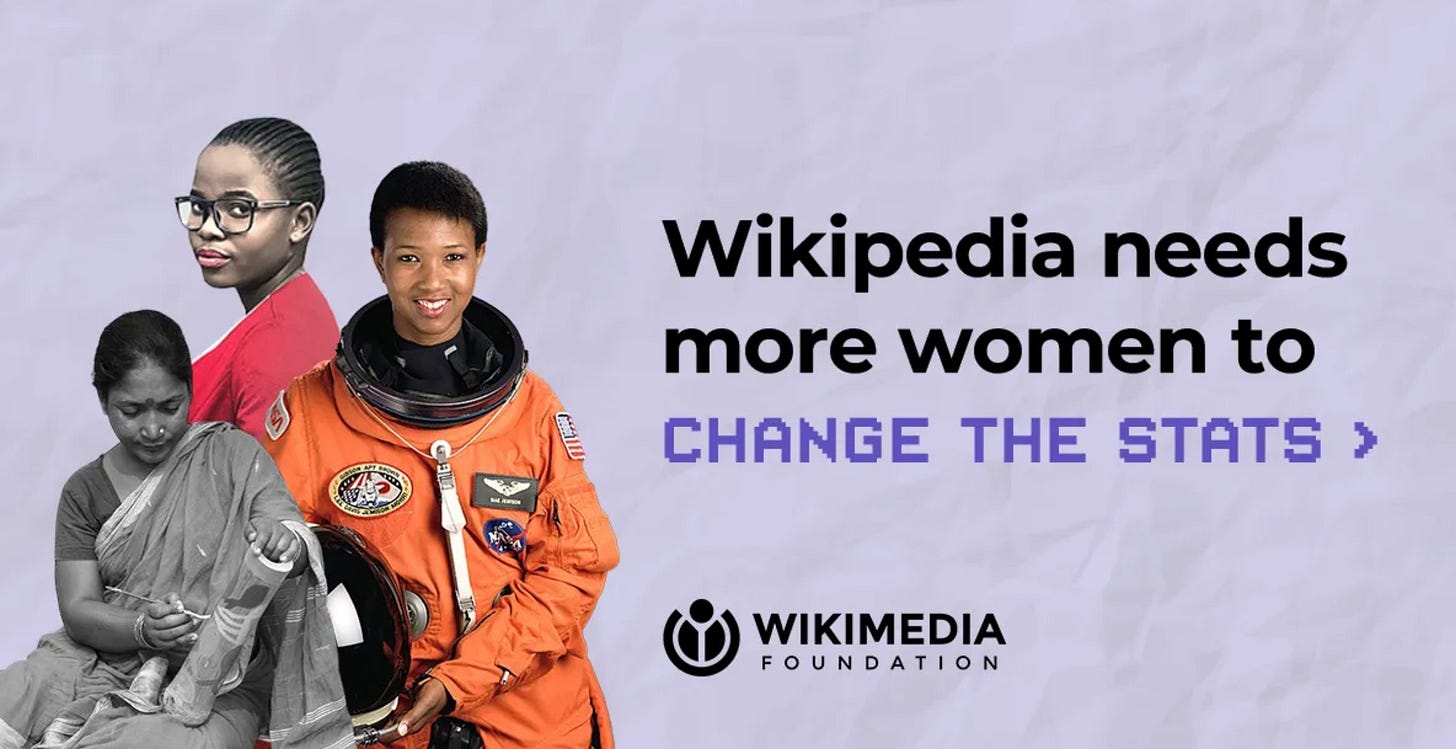The Ultimate Decentralised Community
An Interview with Zack McCune, Director of Global Brand at Wikimedia
Sometimes you work with an organisation and you are floored by the idiosyncrasies of how it operates and the logistics on which it thrives. Wikimedia is one of those organisations.
For those who aren’t aware, Wikimedia is the foundation that drives Wikipedia. They are a global team of people who keep this unique service thriving, amongst many other things. It’s mission to ‘empower and engage people around the world to collect and develop educational content under a free license or in the public domain, and to disseminate it effectively and globally’ would only be effective if driven by on the ground communities, and that’s exactly what they do.
This is community building like you’ve never seen before. Every decision, piece of information, act, of this organisation is disseminated to the wider parts of the organisation. 1000’s of volunteers globally keep wikipedia going, and they are all powerful in what happens in the organisation as a result.
Only the most patient and optimistic of community builders could thrive in this kind of organisation. An ex-client of ours Zack McCune is one of these said people. As Director of Global Brand at Wikimedia, his point of view on community building is both inspiring, but also pragmatic.
“Community is fundamental to my work. The site that I'm the brand manager and brand director for is built by community. It's a 23 year old project in which volunteers actually write all of the content, they administer all the content, they review all of the content. And they even inform decision making on product development, governance, legal action.
When we have to change our terms of service, they are the people we are consulting with. When we have to activate in a market where we have low usage or awareness, our volunteers are the people that we start with. They're at the complete centre of what we like to call the ‘Wikimedia movement’.”
His thinking aligns with some of the points about intersectional community building that several of our experts identified. How is your internal community already self defining into different groups, how can you support that as an organisation, and how can you help those groups to interact.
“Work within groups that already exist. You do not need to start from scratch. I think this start from scratch thing is completely terrifying to me. The idea that people are like, well, we’re going to start this group, and you know, we’ll just put up some signs, we’ll post on our social media networks that we have already. And it’s like, don’t do that. Go to a meet up of an adjacent topic that is relevant”
He’s picked up a vast amount of knowledge in 8 years of community building in the organisation. Our interview covers:
Balancing idealism and pragmatism in community building
The act of crowdsourcing opinion in the day to day
The experience of acting in an opposite way to most organisations
Why connection is more important than scale
Gearing your community to run independent of you
Minimum viable community events
The importance of being able to disagree
The optimism of this interview is lovely. We know from the inside that community building on this scale can seem like an impossible task, but the vision of every layer of the community is what keeps them all driving forward.
The full interview is available for paid for subscribers only at the bottom of this piece (less than the cost of a pret lunch each month!). For the rest of our subscribers, if you haven’t read this months pieces on Trouble in Paradise, find the overall lead piece here and the LookUP List on navigating workplace culture here and the rest of this months expert interviews are here.
Listen to the full interview with Zack McCune here:
Thanks so much for listening and reading as ever!
Caroline and Matthew





